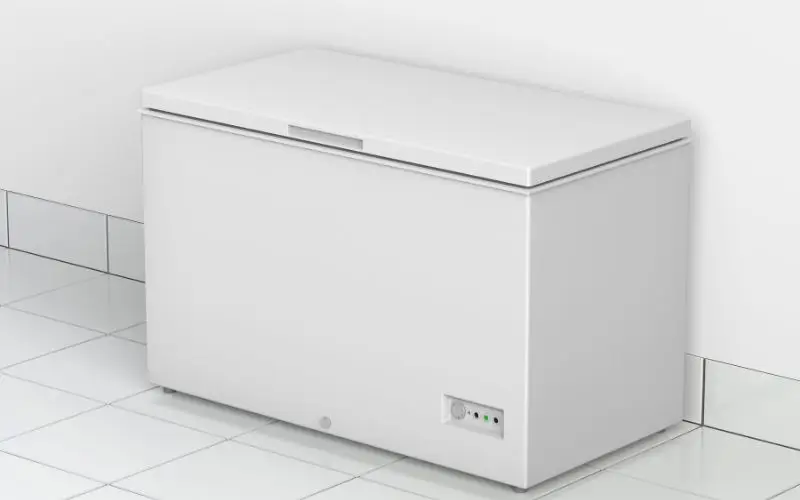Commercial freezers are indispensable assets for businesses in the food industry, enabling them to store perishable items effectively while maintaining their freshness and quality. In this guide, we delve into the world of commercial freezers, exploring their types, functionalities, maintenance requirements, and key considerations for businesses.
Types of Commercial Freezers
Walk-In Freezers
Walk-in freezers offer ample storage space and easy accessibility, making them ideal for large-scale food storage needs. These freezers come in various sizes to accommodate different storage requirements, from small restaurants to large food warehouses.
Upright Freezers
Upright freezers are space-efficient options that provide vertical storage for easy organization and access to stored items. They are commonly used in commercial kitchens, supermarkets, and convenience stores due to their compact design and versatility.
Chest Freezers
Chest freezers are known for their deep storage capacity, making them suitable for bulk storage of frozen goods. Their horizontal orientation maximizes storage space, making them popular choices for businesses with limited floor space.
Key Features to Consider
Storage Capacity
When choosing a commercial freezer, consider your business’s storage needs to ensure it can accommodate your inventory volume without overcrowding or underutilization.
Energy Efficiency
Opt for energy-efficient models to minimize operating costs and reduce environmental impact. Look for ENERGY STAR® certified freezers that meet strict energy efficiency guidelines.
Temperature Control
Reliable temperature control is essential for preserving the quality and safety of stored food items. Choose freezers with adjustable temperature settings and digital displays for precise control.
Maintenance Tips
Regular Defrosting
Schedule regular defrosting sessions to prevent ice buildup, which can reduce energy efficiency and compromise storage space.
Cleaning and Sanitization
Maintain hygiene standards by regularly cleaning and sanitizing the interior and exterior surfaces of the freezer. Use mild detergents and disinfectants recommended by the manufacturer.
Inspecting Door Seals
Check door seals periodically for signs of wear or damage, as faulty seals can lead to temperature fluctuations and energy wastage. Replace worn seals promptly to maintain optimal performance.
Choosing the Right Commercial Freezer
Selecting the right commercial freezer requires careful consideration of your business’s specific needs, budget constraints, and space limitations. Evaluate different options based on their storage capacity, energy efficiency, and overall performance to make an informed decision.
FAQs (Frequently Asked Questions)
- What is the ideal temperature for a commercial freezer? The ideal temperature for a commercial freezer typically ranges from -18°C to -23°C (-0.4°F to -9.4°F), ensuring the safe storage of frozen food items.
- How often should I clean my commercial freezer? It’s recommended to clean and sanitize your commercial freezer at least once a month to maintain hygiene standards and prevent bacterial contamination.
- Can I install a commercial freezer outdoors? While some commercial freezers are designed for outdoor installation, it’s essential to check the manufacturer’s specifications and ensure proper insulation and weatherproofing to protect the unit from external elements.
- Do commercial freezers come with warranties? Yes, most commercial freezers come with manufacturer warranties covering parts and labor for a specified period. Be sure to review the warranty terms and conditions before making a purchase.
- How long do commercial freezers last? The lifespan of a commercial freezer depends on various factors, including usage, maintenance, and build quality. On average, well-maintained commercial freezers can last anywhere from 10 to 20 years.
- Can I use a residential freezer for commercial purposes? It’s not advisable to use a residential freezer for commercial purposes, as they are not designed to withstand the rigorous demands of commercial use and may not meet health and safety regulations.
Conclusion
Investing in the right commercial freezer is crucial for businesses in the food industry to ensure the quality and safety of their stored inventory. By understanding the different types, key features, and maintenance requirements of commercial freezers, businesses can make informed decisions that align with their specific needs and budget constraints. For more details visit us at Oz Coolers.











